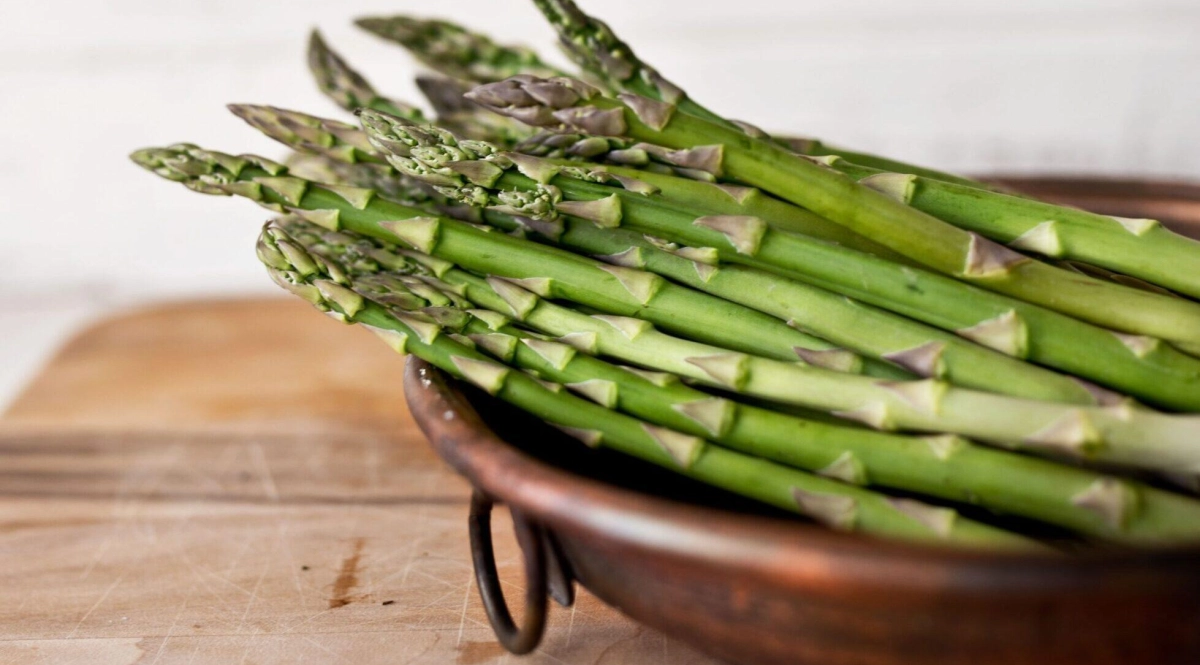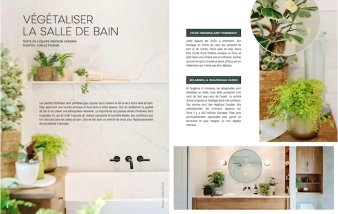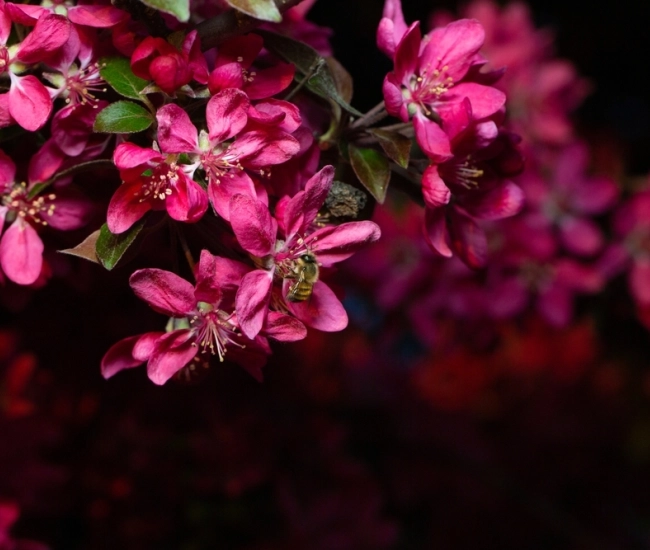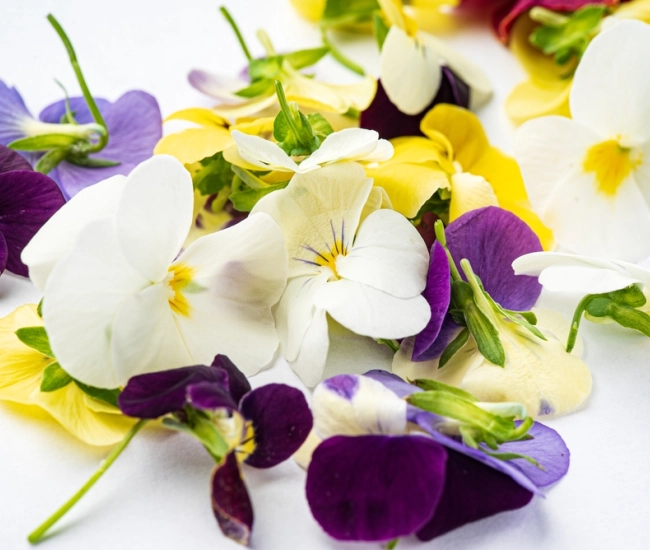
Under our northern climate, the vast majority of vegetable plants do not survive the winter. In the spring, you have to plant the varieties you want to sink your teeth into when the time comes, and then pull them up in the fall. And the cycle repeats year after year. But did you know that there are perennial vegetables?
Just like fruit trees and shrubs, you can integrate certain perennial vegetables into your garden that will regrow each season. Perennial vegetables are part of a permaculture garden, which is a quasi-autonomous cultivated space, mainly composed of perennials that produce an abundance of fruits and vegetables that can be consumed and require little maintenance. Permanent cultivation is sustainable and aligned with nature; we try to create living environments for humans that are in harmony with ecosystems.
Although we love getting our hands in the soil and making our garden every year, it is really interesting to have some vegetables that come back without us having to do anything. Moreover, perennial vegetables are very energy-efficient. Therefore, it is not necessary to fertilize them, or even water them unless there are long periods of intense drought. Think of rhubarb – yes, it is indeed a vegetable – for example. Well known to us, rhubarb returns annually and requires almost nothing. It can even become very large and produce enough to make numerous recipes if it is not controlled. With perennial vegetables, once in the ground, you have almost nothing to do except enjoy them to the fullest, which is not displeasing, even to the most passionate among us! Here are some varieties to try:
Asparagus
Its reputation is well established! In soup, steamed, in vinaigrette, grilled in the oven, and even raw, asparagus is the star vegetable of the Quebec spring. Consume without moderation, it doesn't last long.

Egyptian Onion
Also called rocambole or perennial onion, it is the bulbils of this plant that are mainly consumed. They appear in clusters at the end of the stems. The Egyptian onion pleasantly replaces onions or green onions in any recipe. You can also consume the leaves to replace green onions.

Sainte-Anne Shallot
Most likely derived from the gray shallot, the Sainte-Anne shallot is very prolific. From a single clove, about ten will emerge the following year. Use the bulbs like French shallots and consume the leaves as you would with chives.

Jerusalem Artichoke
It is the tuberous roots of the Jerusalem artichoke that are cooked a bit like potatoes: fried, boiled, or in soup. Be careful, though, its cooking time is faster. It can also be eaten raw with a bit of salt. Its taste is similar to artichoke.

Canadian Garlic
The bulb is consumed as a replacement for traditional garlic or leek, it has a delicate and pleasant taste. You can also consume the leaves in salads. Even the flowers are edible, but be careful, their taste is more pronounced. Use them as a garnish.

We also leave you with the following option:
Skirret
The roots of skirret are a beautiful white and have a sweet taste similar to parsnip. Integrate into a tray of roasted root vegetables or a gratin for a sublime side dish. The young leaves can also be added to your salads.
Several perennial vegetables can take up residence in your garden. You can complement them with your traditional annual tomatoes, cucumbers, and peppers, just as we do in our flower beds. There are beautiful discoveries to be made, consult your Passion Jardins gardening advisor!
```
Tips and advice



